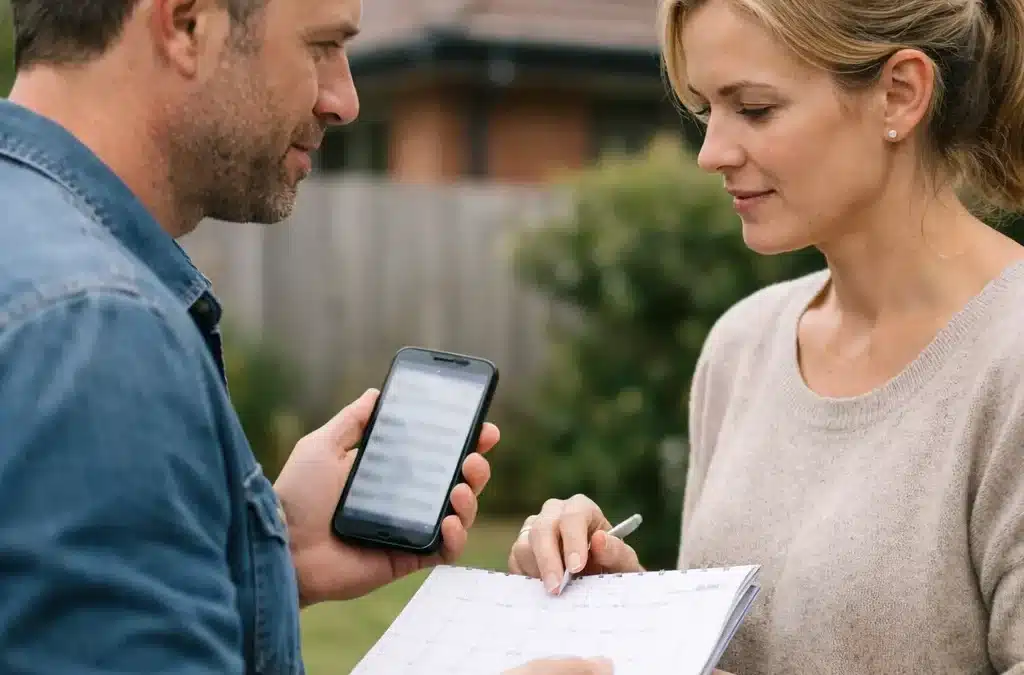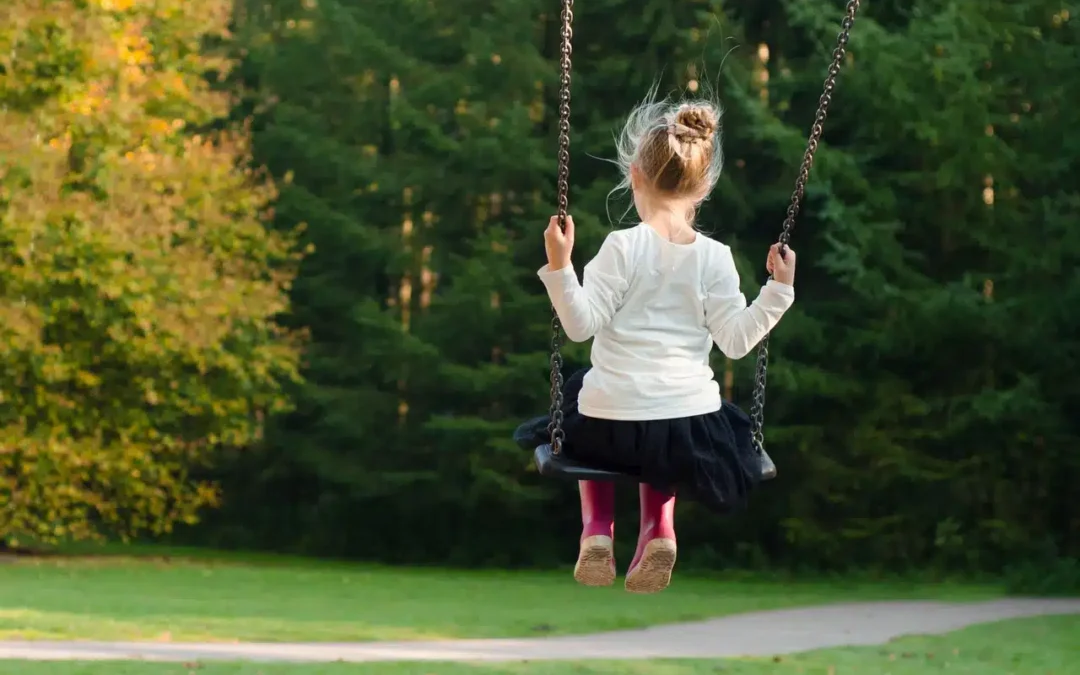Do you have a teen who is struggling with constant feelings of anxiety? For them the fear, worries, and overthinking just can’t seem to stop. Everything seems to be going wrong. There are overwhelming feelings of:
• What can I really do about it?
• Will I always be this way?
• I’m tired of people telling me to stop worrying, I mean it’s like I don’t want to stop, I just can’t.
They can feel like nobody really understands, or really cares.
“I just want this anxiety to stop. Stop sweating and shaking. I want to breathe and live normally. Just stop panicking. Play it cool,” they may say to themselves.
The reality is they’re not alone. Many adolescents and adults alike have lived with intense experiences of anxiety. In fact, around 1/14 young Australians have experienced an anxiety disorder.
They may be going through many changes at the moment which are very stressful. For example, friendship issues, completing assignments and exams, competitiveness, bullying, family conflict, feeling lonely, learning new skills (e.g. jobs, driving), making big decisions about their future, growing independence. It can be an extremely confusing and crazy time.
And that’s why we’re here. Know that anxiety and panic disorders are highly treatable. By engaging with a psychologist who is experienced in treating anxiety, you too, can leave the club you probably never wanted to join.
We’ve written some tips below for helping them manage the anxiety they may be experiencing. Some may be helpful for them, and some may not. It doesn’t hurt to give them a try.
Here we go:
Strategy 1: Know that it’s normal to feel anxious sometimes
Anxiety is in fact normal and adaptive. It motivates us, and helps us leap into action. For example, if there was a car who was about to run into you, your anxiety system will tell you to quickly run from danger. You don’t have time to weigh the pros and cons, you’ve just got to take quick action. This is an example of the flight response. Or let’s say you have a major exam coming up in a week. The anxiety would tell you that you need to study and be prepared, otherwise you’ll probably fail. And so you study and do relatively well for the exam. This is an example of the fight response. All human beings need to have their anxiety system working.
However, it’s when this system is constantly overactivated with the fight or flight response even when there’s no real danger out there. It’s when the anxiety interferes with your quality of life in a negative way, such that you can’t engage at school, with others, or with everyday tasks. And so you may start avoiding things. Avoid the party. Drop that subject. Ask for an extension on that assignment. Procrastinate. Run away every time you see a dog. Stop talking to that friend. Although these may lessen your anxiety in the short term, it is not every helpful in the long term. For example, if you keep avoiding parties, you’ll never actually learn that parties are not that scary but can be fun instead. And so my next tip is…
Strategy 2: Help them to understand the triggers for their anxiety
Whether it’s particular places, people, situations. They will know themselves best but you may also have some insight into their triggers. Have an open conversation with them about this. When or where do they physically feel anxious? Is it when an exam is coming up? Is it when a friend is upset at you? It may be helpful to suggest they keep a diary, detailing what’s happened in their day and when during the day they were feeling anxious. They can try to make some links and put these events into categories (e.g. school, friends, transport). Then, they’ll know their triggers better. And when you do know your triggers…
Strategy 3: Help them to engage in the things they’re avoiding in a supported way
Whether it is a party or an assignment, or a particular friend. Avoidant behaviour grows anxiety, because when we avoid something, our feelings of anxiety go away. And so they learn to keep avoiding that thing. Or, to put it into another way, they never really learn whether the thing we were originally afraid of is that scary, or something we can’t cope with.
So gently help them to engage in some of the things they’re anxious about. Get them to start small. This will make them feel more confident and independent. By challenging themselves to confront the things they’re avoiding, they give themselves the opportunity to see if those things will actually turn out the way you expect them to. Get them to think of it like an experiment where they’re testing their thoughts and worries. They may also want to write down what they expected to happen, and what actually happened. What you were they going to do? What did they actually do?
There are some things that would be helpful for them to avoid though…
Strategy 4: Avoid caffeine, alcohol and drugs
Physically, not so great for their system. Caffeine will keep them overstimulated and make them feel buzzed, whereas alcohol will have the opposite effect. Talking about liquid intake…
Strategy 5: Help them to take care of themselves
Make sure they’re eating 3 healthy meals a day. Run a hot bath for them. Get them to listen to their favourite music or read a book. Get out and exercise with them – go for a walk, a jog, join the gym together or do something you can enjoy together. This provides both exercise to refresh the mind and an opportunity to connect with them. As you do things with them they may open up to you further about their anxiety. And sleep. We cannot underestimate the value of sleep. Growing teens need 7-8 hours every day.
You could also come up with a list of activities you enjoy, that push you out of your comfort zone a little. That may be going on a hike, a marathon, chess club, going to an 18th, 21st, scuba diving, filming a video, writing music, going to the beach, having a surf. Or something things you may not enjoy as much, for example, doing the dishes or cleaning your room.
Or if that’s a little too scary for now…
Strategy 6: Write all your worries down in a journal
Start journaling. Let your thoughts out and vent. ‘This happened today and then I thought__ and it made me feel ____ and so I’m scared that ____ will happen, and she probably thought that ___. What if ____ happens? What will I do? I don’t know’. Sometimes it’s helpful processing your thoughts and worries externally. Get it all done in one go. Set aside 15 or 30 minutes a day (let’s say 5pm etc.) where you’ll just journal and worry your worries. And after you’ve done that, you’re done. You don’t need to worry anymore. And if you still find yourself worrying, go back to your journal until you feel you’ve let it all out. This includes if you have trouble sleeping. When you feel like you’ve journaled enough, put it in another room, or a cupboard in your room where you can’t see it. Because sleep is sleep. It may also be helpful to read through your thoughts another day, and reflect on what that day was like for you, and whether you still feel the same.
Strategy 7: Practice mindfulness
When we are in an anxious state, we tend to overthink the future and ruminate over past mistakes. Therefore, it is sometimes a struggle to remain in the present. It becomes a struggle to engage with class, or a conversation with a friend, when we don’t live in the here and now. And so mindfulness is a helpful skill you can practice, which helps you come into the present. You can use your 5 senses: focus on 5 things you see, 4 things you can hear, 3 things you can physically feel, 2 things you can smell and 1 thing you can taste. Or you can direct your focus on one thing in the environment for 5 minutes or so, whether that be a desk, tree, clock, leaf. Keep focusing until you feel as though you’re now in the present.
Strategy 8: And breathe
Practice some deep breathing. Try to slow down and breathe from your diaphragm instead of your chest. Feel your stomach go out as you breathe in for 5 seconds, and your stomach go in as you breathe in for 5. And between breathing in and out, hold your breath for 3 seconds.
Strategy 9: And lastly, get them to talk to someone
That person might be you, but as a parent we all know that our teens might not want to talk to us about certain things. Get them to talk to someone they trust. Sometimes they need to vent to someone else and let it out. Someone that can understand them, and give them a clearer perspective on their thoughts and feelings. It might be a family member, a friend, a teacher, or church or community member or…Get them professional help.
Jing Jiao is a psychologist at Armchair Psychology, located in Sydney’s Eastern suburbs. To book an appointment with Jing or one of our other friendly psychologist contact us.
If you want to speak to someone about the grief you are experiencing please get in touch.

























